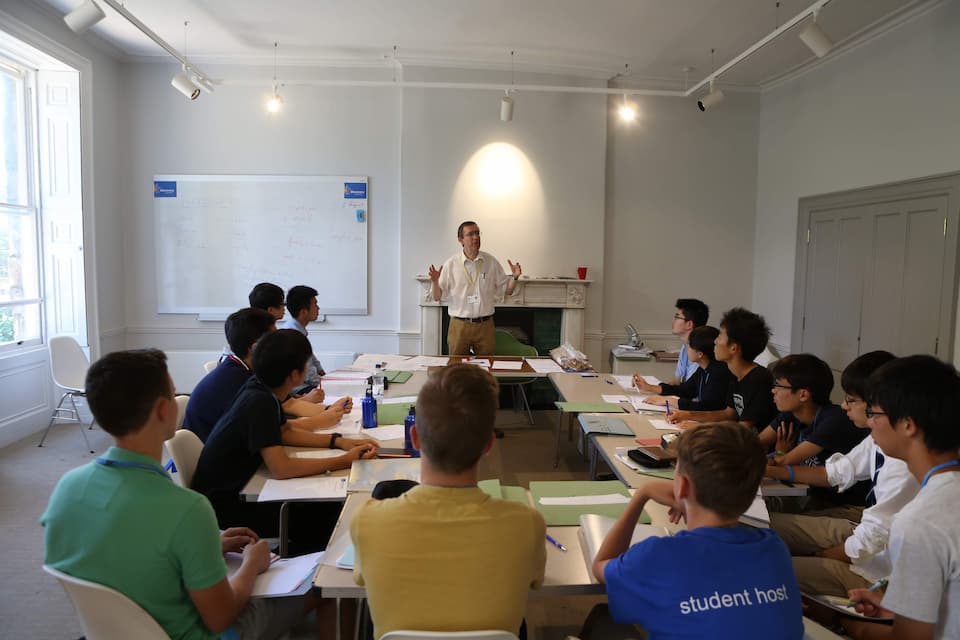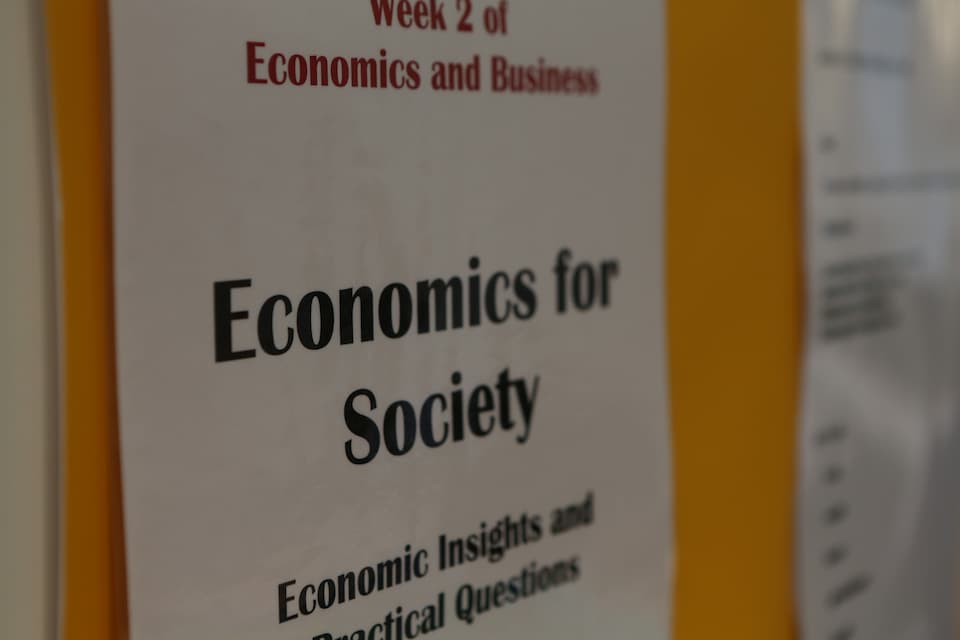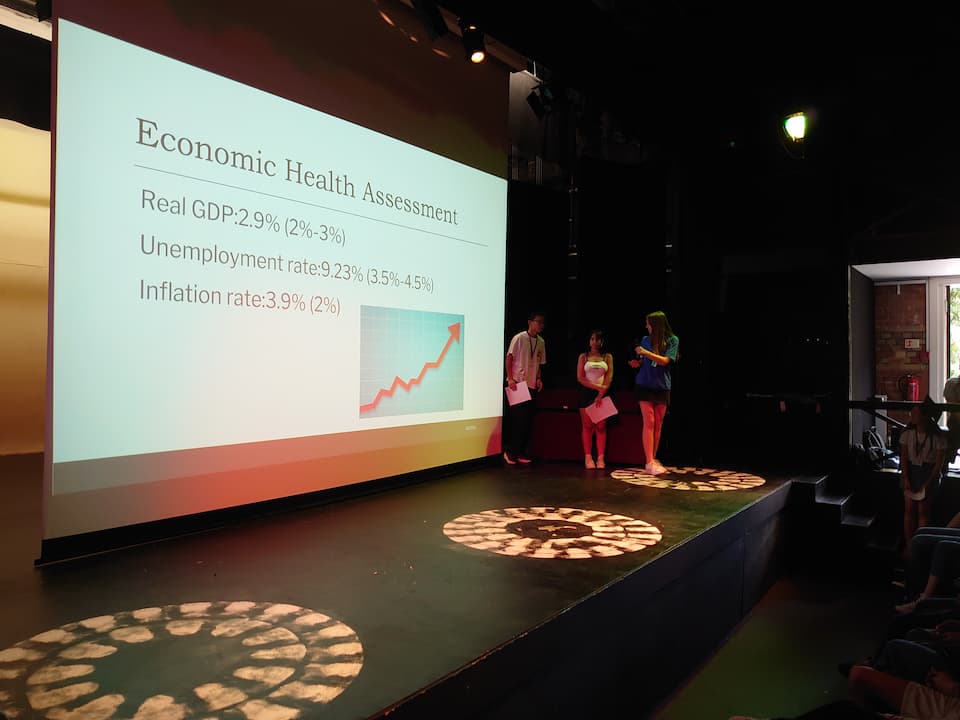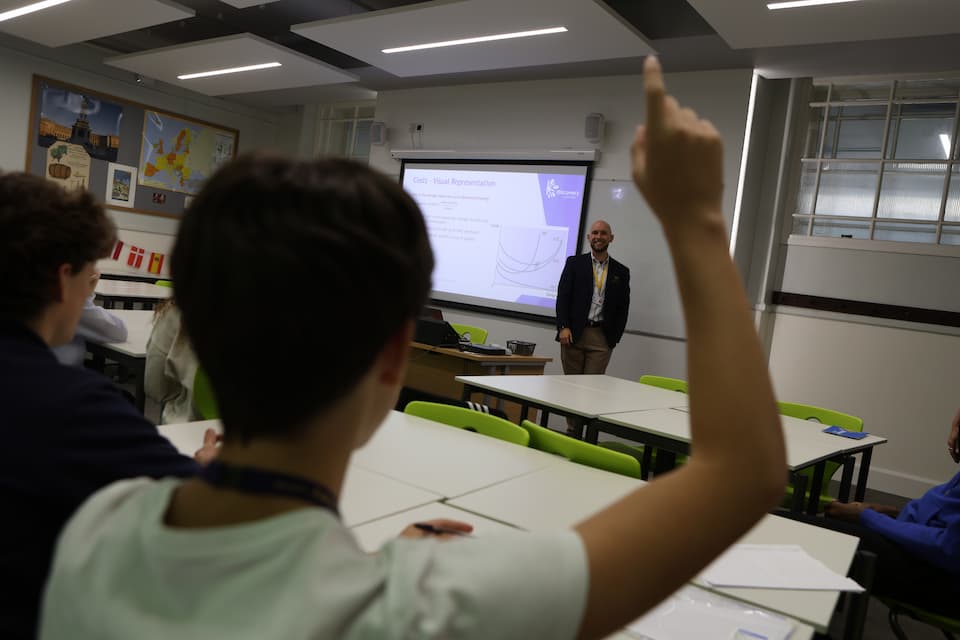Each week, you'll develop an understanding of both theoretical and applied economics:
Macroeconomics
Gain insight into the workings of entire economies. Understand how capital flows between households, corporations and the government, and what causes its withdrawals or injections within the system. Find out why the government cannot indefinitely print more money to cover its budget deficit or what methods it uses to measure economic growth or the purchasing power of money.
Microeconomics
Examine the behaviour of individuals and businesses in the marketplace. Study how supply and demand forces, market structures, and competitive strategies influence a product's profit margin and sales potential. Develop insights on consumer behaviour, learning how economic agents make decisions and why due to cognitive biases they are not always rational. Strengthen your critical thinking skills as you analyse data and solve complex problems.
Global Economics
Unpack the complexities of international trade, global markets, and currency exchanges. Explore contemporary issues such as poverty, inequality, and sustainability, and evaluate how different countries tackle these challenges to foster long-term economic growth. Find out what factors cause currencies to appreciate or lose value and how this affects domestic economies for example through exports and imports.
Economic Policy
Delve into crucial issues like inflation, unemployment, and economic growth. Understand how government policies, including taxation and altering interest rates, influence markets and help to stabilise economies. Learn about the roles of central banks and regulatory frameworks in managing national and global economic challenges.






